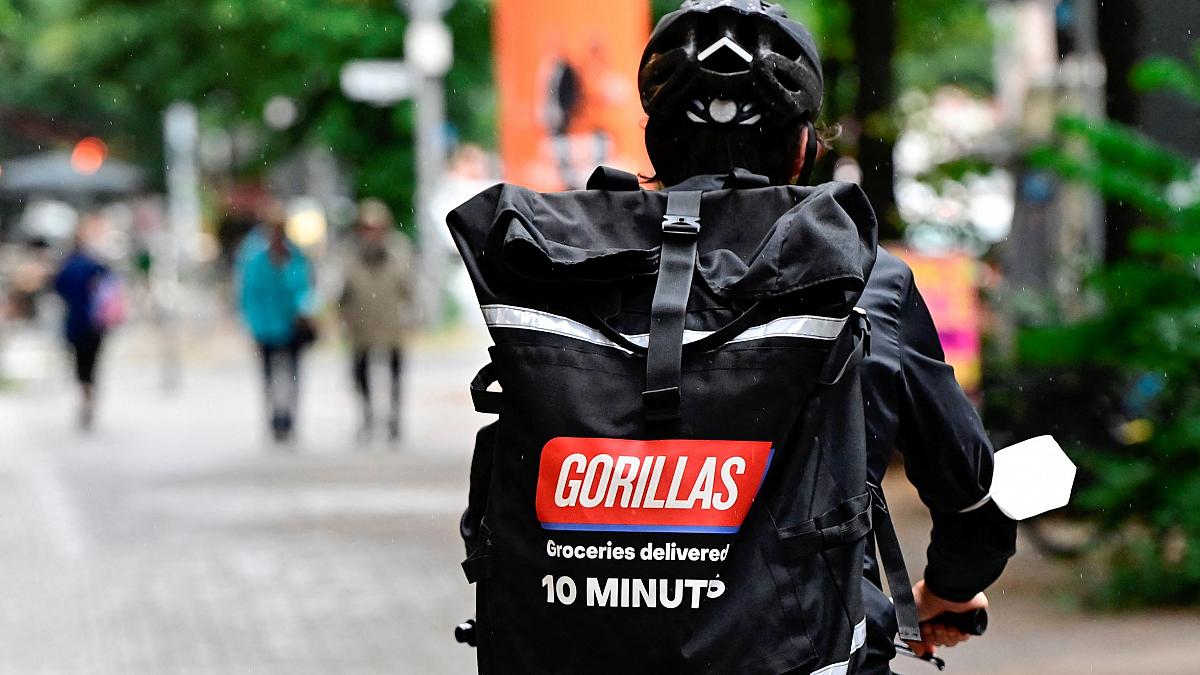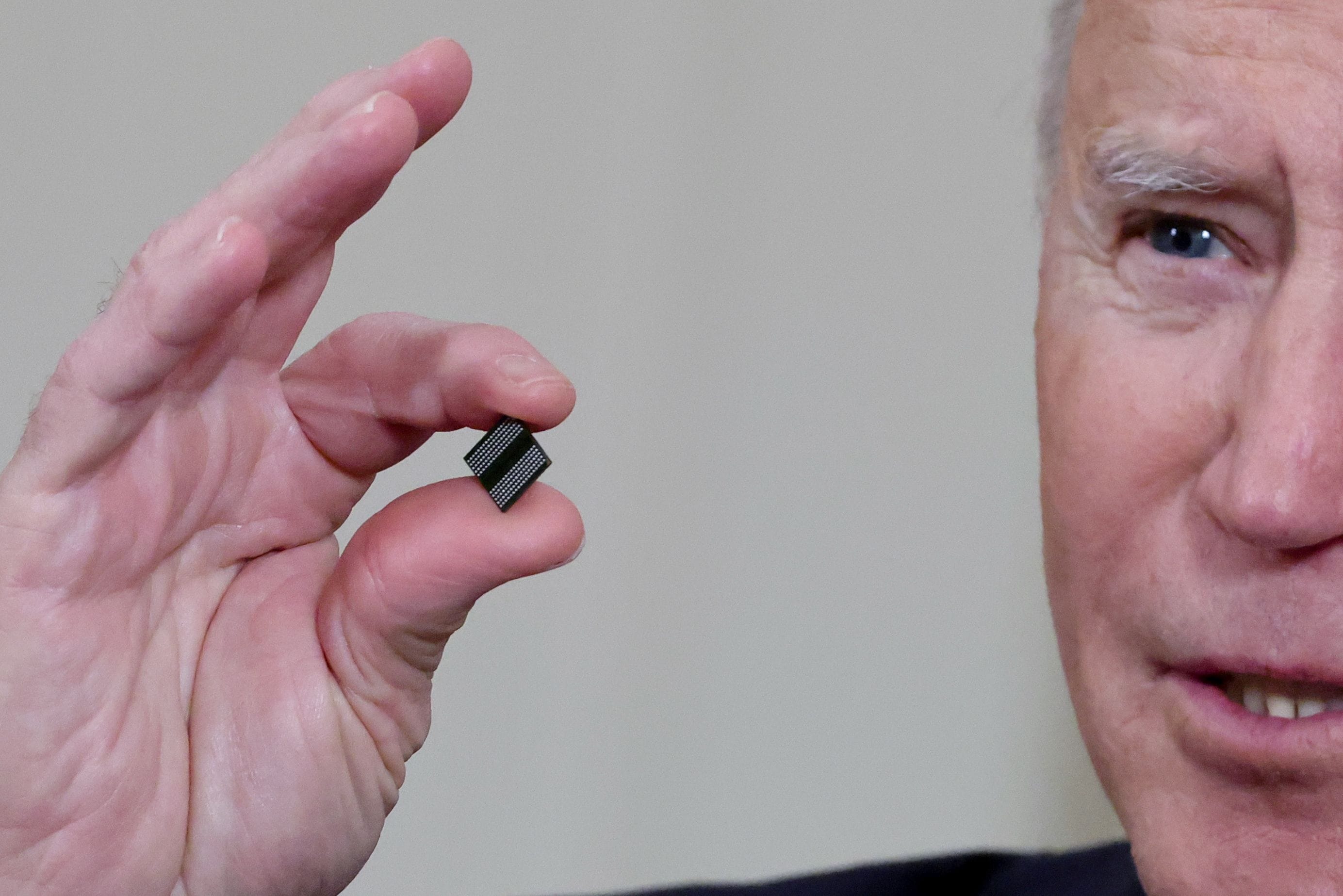Francis Fukuyama: "Socialism should come back"
- Francis Fukuyama is known to be one of the great apologists of the capitalist system after the fall of the Soviet Union. The theorist, known for announcing the "end of history" in 1992, has now opted for the return of socialism in his statements to New Statesman magazine.

“History is being sold with Francis Fukuyama,” is the phrase with which journalist George Eaton has started the article published in New Statesman magazine collecting the statements of the American theorist. And that is that the predictions of the professor who, after the fall of the Soviet Union, published the book The End of History and the Last Man – that the expansion of the Western liberal democracies around the world was the end of the ideological evolution of the human being – are crumbling in recent years, since the weaknesses of this model are becoming increasingly visible.
“What I said at that time was that it was one of the problems of modern democracy that gave peace and well-being, but that people want more than that… Liberal democracies don’t even try to define what a good life is, they leave that to individuals who feel alienated, without objectives, and that’s why the union with identity groups gives them a certain sense of community,” Fukuyama said.
Advisor to the governments of Ronald Reagan and George Bush, he gradually moved away from the U.S. Conservatives since 2003, supporting and protesting the invasion of Iraq. In the interview, he criticized both that war and the non-regulatory policies of the financial world and the creation of a euro. “They’re policies driven by elites and have been a bit disastrous, there are reasons why ordinary people are disgusted.”
The article, published on October 17, also mentions some things that may be a little surprising to those who know Fukuyama’s trajectory. Asked about his view of socialism and its reappearance in the United States as in the United Kingdom, he said: “What you understand as socialism, there’s the question. If it is about the ownership of productive media, I don’t think it works,” he said, excluding civil service services. “But if you want to say the great programs for the redistribution of wealth that will try to correct this huge imbalance, both in the income and in the wealth that has been generated, then I do think it can come back, not only that, I think it should come back. This long stage started with Reagan and Thatcher, where several ideas from unregulated markets were imposed, has had a very negative impact on many aspects.”
Later on, Karl Marx has even come to admit, by surprise to the journalist, that some of the “things” he has said are true. “He talked about the crisis of overproduction… the impoverishment of workers and the demand was going to be too small,” he stressed. But he has ensured that the main systemic enemy of liberal democracy today is state capitalism in China, a system that, in his view, has not yet shown how it would react to a major economic crisis.
The devastating characteristics of today ' s global world, wars, ecological and social injustices herald an apocalyptic representation of the future anywhere on the planet. Echoes of the nuclear threat further dispel the concern of fear and concern, while politicians... [+]
The effective tax rate that Amazon paid in the last decade was 13 percent. By 2020, the 55 largest companies in the United States did not pay taxes. The effective rate on the profit of companies that in the Spanish state invoiced more than one billion euros was 4.57% in 2019... [+]




















